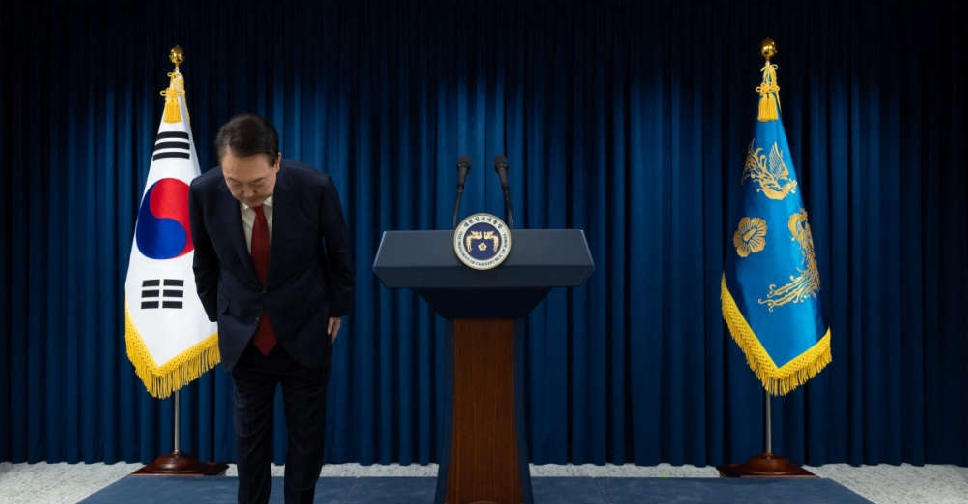
South Korean President Yoon Suk Yeol apologised on Saturday for his attempt to impose martial law this week but did not resign, defying intense pressure to step down even from some in his ruling party and only hours ahead of a planned impeachment vote.
Yoon said he would not seek to avoid legal and political responsibility for his decision to declare martial law for the first time in South Korea since 1980. He said the decision was born of desperation.
The speech was the embattled leader's first public appearance since he rescinded the martial law order early on Wednesday, just six hours after it was declared and after parliament defied military and police cordons to vote against the decree.
The move plunged Asia's fourth-largest economy and key US military ally into its greatest political crisis in decades, and threatened to shatter South Korea's reputation as a democratic success story.
"I am very sorry and would like to sincerely apologise to the people who were shocked," Yoon said in a televised address to the nation, promising there would be no second attempt to impose martial law.
"I leave it up to my party to take steps to stabilise the political situation in the future, including the issue of my term in office," he said.
Standing in front of the South Korean flag, Yoon bowed after he finished his brief remarks, staring solemnly into the camera for a moment.
Han Dong-hoon, leader of Yoon's People Power Party (PPP), said after the address that the president was no longer in a position to carry out his public duties and his resignation was now unavoidable.
On Friday Han said Yoon was a danger to the country and needed to be removed from power, increasing the pressure on Yoon to quit even though PPP members later reaffirmed a formal opposition to his impeachment.
Han met Prime Minister Han Duck-soo on Saturday, local Yonhap News reported. Under the constitution if Yoon resigns or is impeached then the prime minister, who was appointed by Yoon, becomes South Korea's acting president.
If Yoon leaves office before his single five-year term ends in May 2027, the constitution requires a presidential election to be held within 60 days upon his departure.
Lawmakers are scheduled to vote at 5 pm (0800 GMT) on the main opposition Democratic Party's motion to impeach Yoon. DP leaders said if the motion fails, they plan to revisit it again on Wednesday.
Martial law has been declared more than a dozen times since South Korea was established as a republic in 1948.
But Yoon shocked the nation late on Tuesday when he gave the military sweeping emergency powers in order to combat unspecified threats from "North Korean communist forces", and "to eradicate the shameless pro-North anti-state forces".
He went on to accuse the National Assembly of launching an unprecedented number of impeachment efforts against members of his administration, effectively paralysing key operations, and of handling the budget in a way that undermined the fundamental functions of the government, including public safety.
Yoon has been dogged by personal scandals and strife, an unyielding opposition and rifts within his own party. Once regarded as a tough political survivor he has become increasingly isolated.
The martial law declaration also sent shockwaves around the world and drew rare criticism from senior American officials who had previously praised Yoon as a champion of democracy in Asia.
Some PPP members urged Yoon to resign before Saturday's impeachment vote, saying they did not want a repeat of the 2016 impeachment of then-President Park Geun-hye, who left office after months of candle-lit protests over an influence-peddling scandal.
Her downfall triggered the implosion of the party and a victory by liberals in presidential and general elections.
In scenes reminiscent of those protests, thousands of demonstrators holding candles assembled outside parliament on Friday night demanding Yoon's impeachment. More demonstrations are expected on Saturday ahead of the vote.
To impeach Yoon, 200 of the assembly's 300 lawmakers must vote in favour. With opposition parties controlling 192 seats, eight ruling party members would need to join the opposition to carry the vote.
Yoon has already lost the support of two lawmakers from his party, with PPP leader Han calling for him to be urgently suspended and Ahn Cheol-soo posting on Facebook that he would "follow the people's will" unless Yoon announced detailed plans to step down before the vote.
If Yoon is impeached, a trial by the Constitutional Court would follow. The court can confirm an impeachment motion with a vote by six of the nine justices. The court currently only has six sitting judges, and it is unclear whether it would take on the case without at least seven.
In 2017, the court took three months to remove then-President Park from office.
Prosecutors, the police and the Corruption Investigation Office for High-ranking Officials have all launched probes into Yoon and senior officials involved in the martial law decree, seeking to pursue charges of insurrection and abuse of power, among others.
The officials face potential charges of insurrection, abuse of authority and obstructing other people from exercising their rights. If convicted, the crime of leading an insurrection is punishable by death or life imprisonment, with or without prison labour.




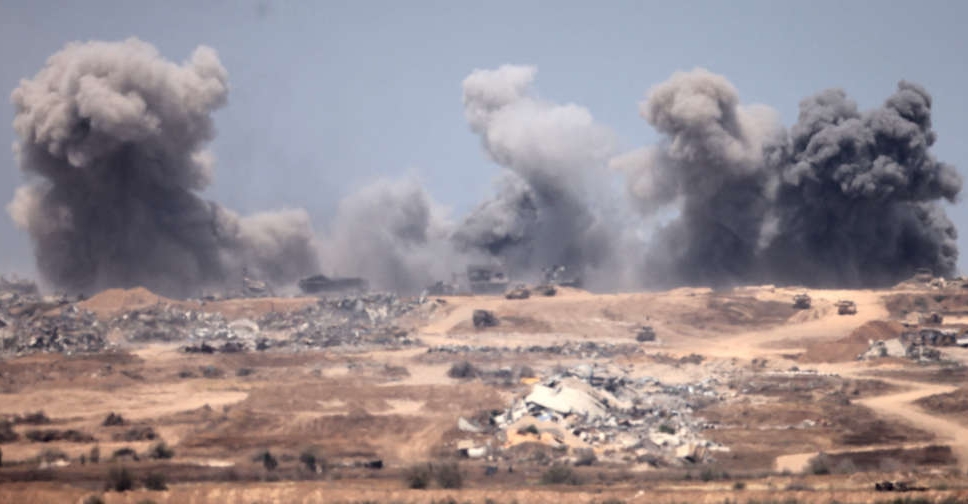 Qatari PM: Ceasefire talks on Gaza show signs of progress
Qatari PM: Ceasefire talks on Gaza show signs of progress
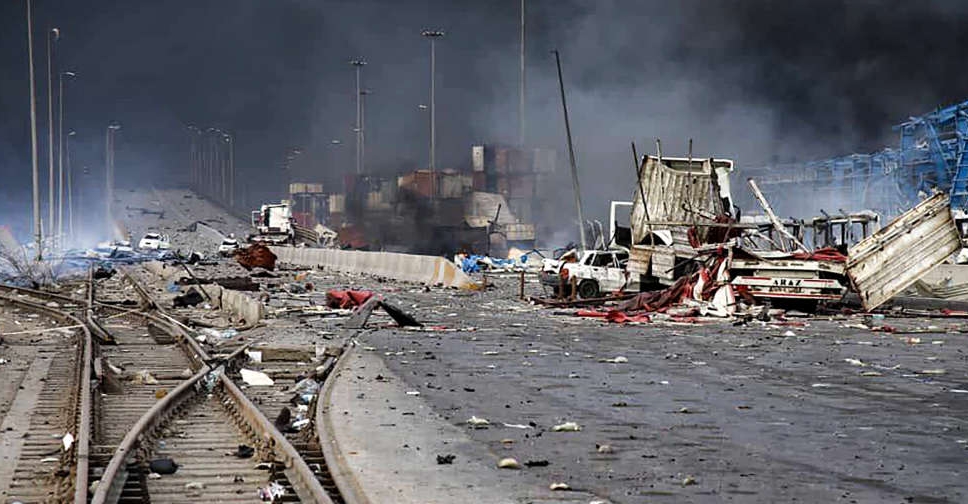 More than 700 injured in Iran's explosion
More than 700 injured in Iran's explosion
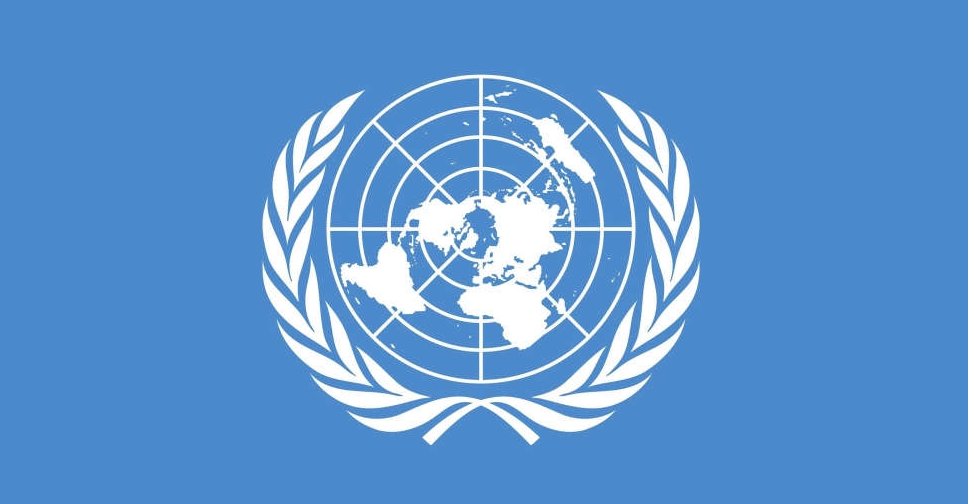 UN warns funding cuts threaten vital aid
UN warns funding cuts threaten vital aid
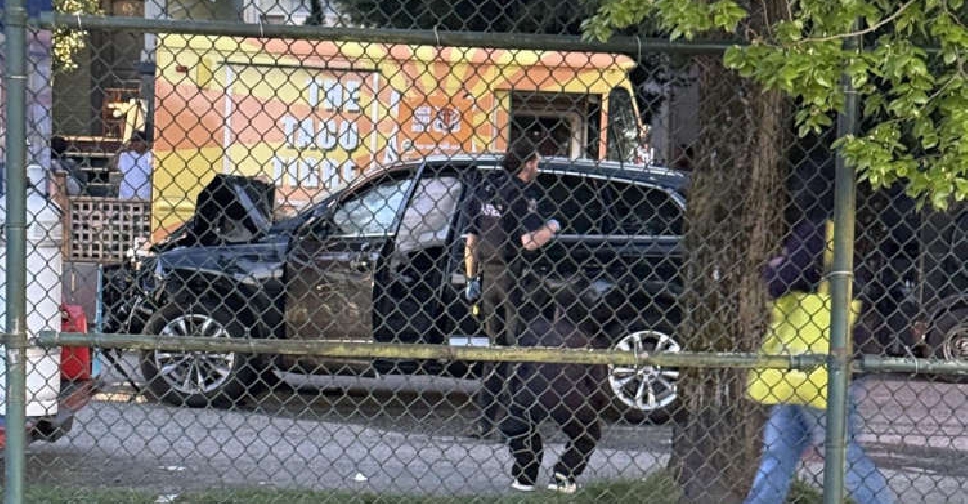 Multiple dead in Vancouver after vehicle plows into street festival
Multiple dead in Vancouver after vehicle plows into street festival
